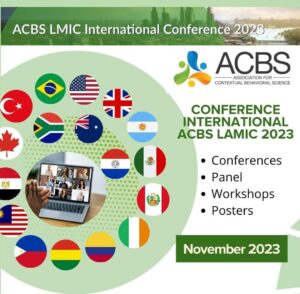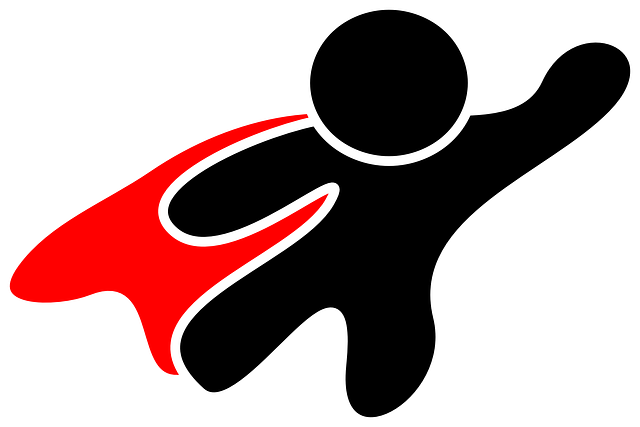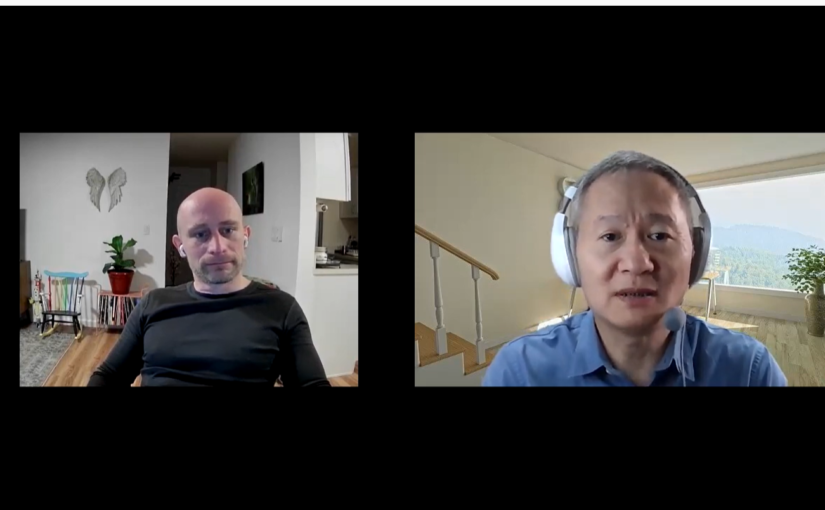by Nathan Chua
How many times have you and I been discouraged at the results of our hard work? How many times have you and I loved but failed? Have you ever taken care of a stray puppy and ended up seeing that puppy die in just a few months? Have you ever done something that you thought would benefit your organization but end up unappreciated?
Welcome to the club my friend. This is something that you share with countless others who have lived long enough to experience the pain of the human condition. Oftentimes, we get disheartened by the results of our hard work and our standing up for what we believe is important. This could be mostly because we often miss seeing the value behind the goals that we set for ourselves. Goals are guideposts that tell us that we are heading in the direction we want for our lives. Goals are benchmarks we either look forward to or look back on with much pride and sometimes with mixed feelings. Goals are also not a sure thing. They can be elusive or even unachievable in our lifetimes.
Our values on the other hand, are qualities of being that we aspire to be about. It is inexhaustible. It does not have an end point that we either look ahead to or look back on. It can be the fuel that burns the fire for our daily existence that could otherwise be meaningless or pointless.
As we live our values and pursue those goals, not all of us will end up getting the acknowledgement we want. Not all end up on the cover of Time magazine like the president of Ukraine, Volodymyr Zelensky. Even in such challenging places like the Ukraine, many soldiers in the Ukrainian army or even civilians, have bravely stayed to fight for their territorial rights, but unlike their president, many of them will die unknown. At best, their names might be engraved in some memorial one day, but how many of us really take the time to get to know each one of these heroes.
Ask yourself this question, regardless of the results of your small but heroic endeavors, whatever your lot in life, would you still do what it is that you just did? If you were to dedicate most of your adult life to something you want to do, and no one would know, what would you choose to do? Maybe you can relate to these stories:
- A security guard earning what can hardly be called a living wage, returns a bag full of cash to an unsuspecting tourist;
- A homeless person rushing in to save another pinned underneath a burning car;
- A dedicated worker who contributes daily to their organization without much recognition or reward but a measly salary.
So let’s get back to the questions that I started this article with. Read them again and ask yourself, would you have still done it? Would you have still worked hard to help the group of people who toil with you everyday in the office? Would you still have loved that person the way you did? Would you still have taken that stray puppy? Would you still have done that for your company regardless of the results?
If your answer is yes to any of these questions, then welcome to the club again my friend. You are in the company of the nameless soldiers who died in war for the sake of something bigger than themselves. You may not end up a Zelensky or on the headlines of a broadsheet, but you stood for something you wanted to be for that moment.
If you ask me why we do it? Blame it on Darwinian evolution. There is a part of us that has never left us in millions of years of evolution. We are the most social of all primates. We have that gene, that social gene that tells us that we are capable of doing caring things even at the highest of costs, with little reasons for these deeds than just being the creatures that we are. That’s the kind of programming we have, fortunately or unfortunately. We can do really big things, for nothing more than love.
Listen to this post on Spotify! Click here! Or watch it on YouTube! Click here!



